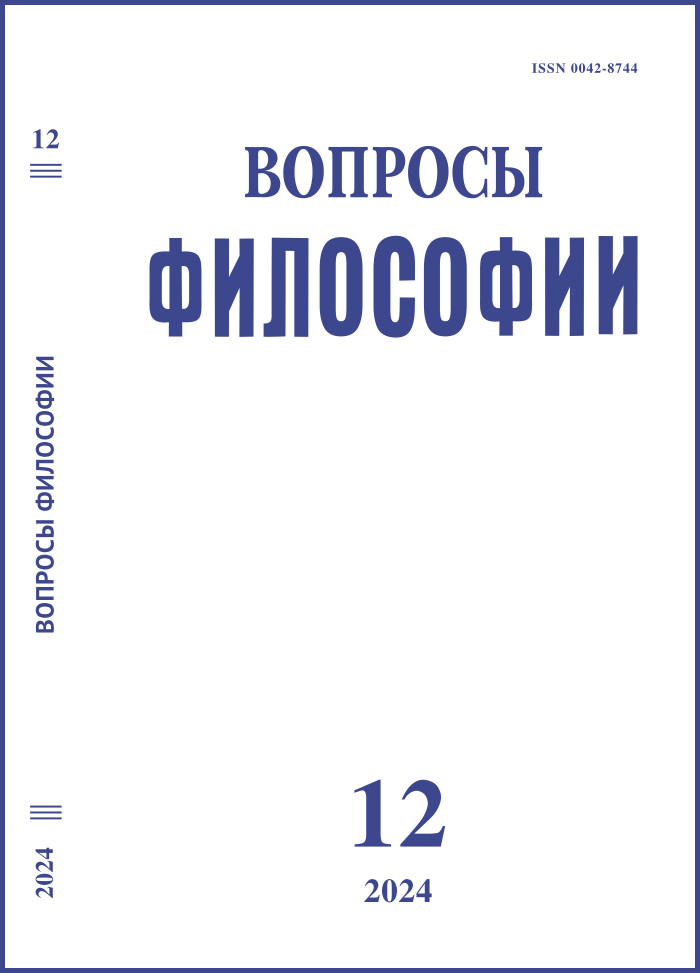The Institution of Fasting as an Instrument of Confessional Identification: Continuity and Transformation
DOI:
https://doi.org/10.21146/0042-8744-2024-12-211-221Keywords:
Institutions, identity, identity processes, Émile Durkheim, Douglass North, Mary Douglas, ritual, fasting, Reformation, Anglicanism, homilies, Church of England, TudorsAbstract
In the article, the author examines the role of the institution of fasting as a means of constructing political and confessional identity within the context of the Tudor Church of England. The source base of the study comprises a range of documents, including doctrinal texts, theological works, authorised homilies, royal proclamations, and Acts of Parliament. The author examines the role of fasting in the mytho-ritual systems of both the Catholic Church and the major sixteenth-century Reformation movements, namely Lutheran, Reformed, and English. Moreover, he elucidates the commonalities and distinctive tenets associated with Catholicism’s and Reformation’s approaches to fasting. In the first part of the article below, the author assesses the role of ritual within the context of institutional theory of identity, its significance and function in the Middle Ages, and its evolution across various Reformation traditions. The author concludes that the institution of fasting, which provided both horizontal (communal) and vertical (politico-religious) types of loyalty, was an important instrument of social change through the transformation of its very nature during the English Reformation

